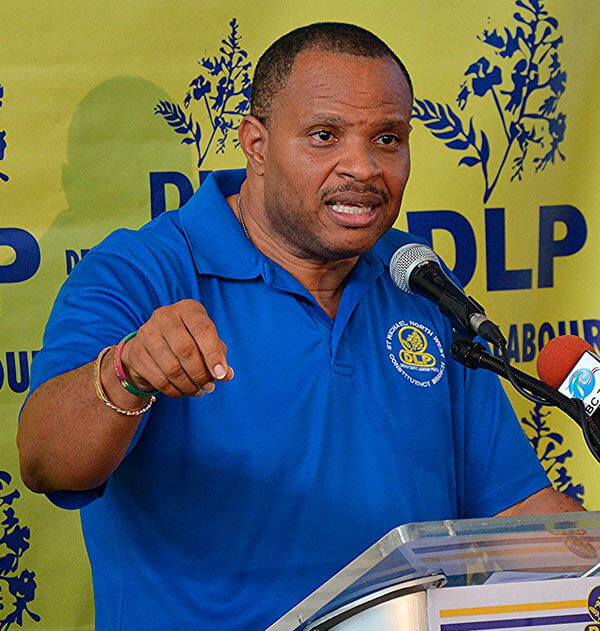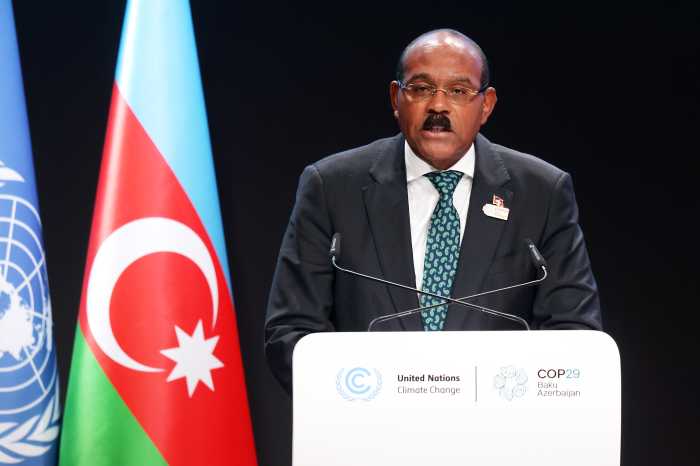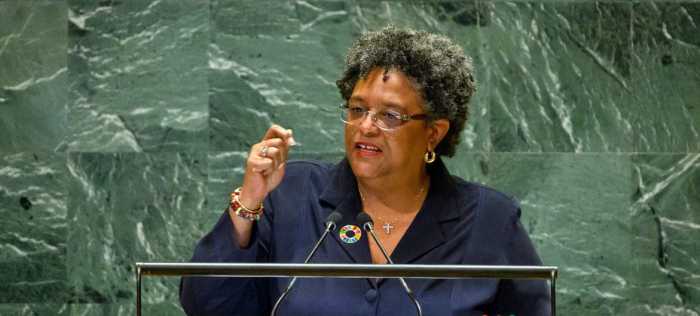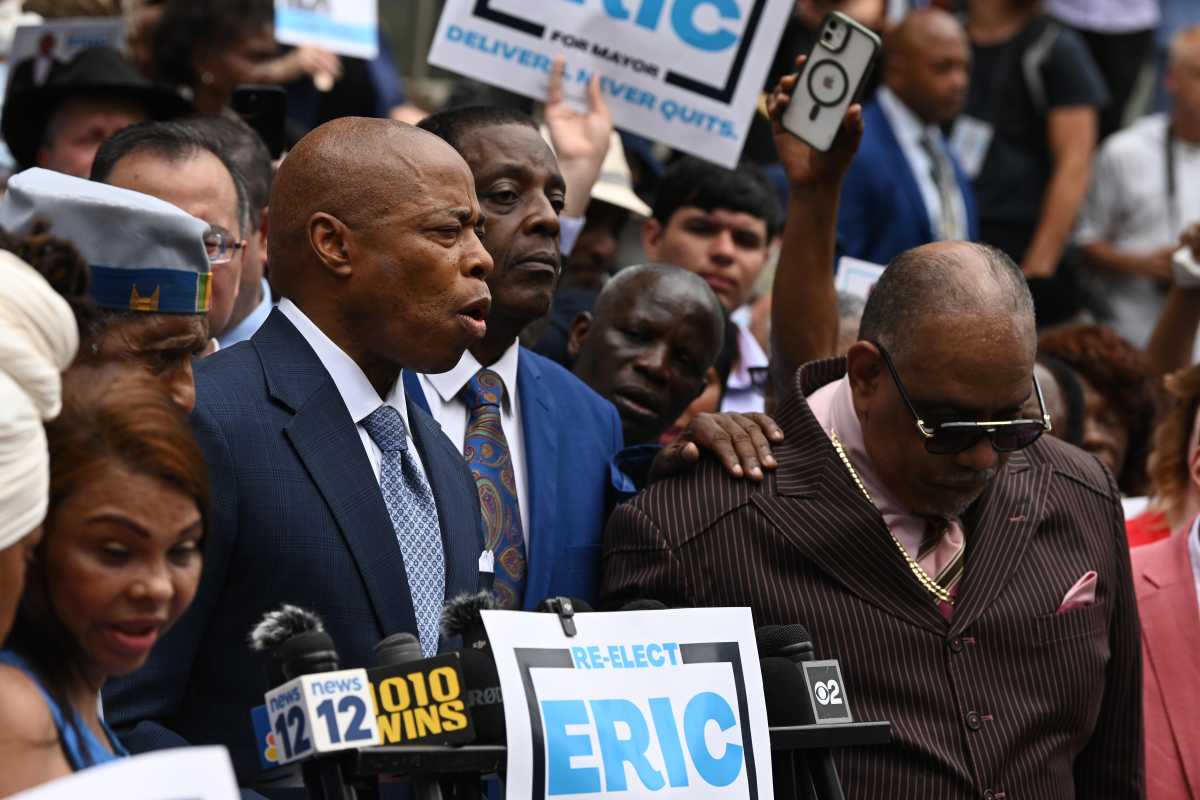Financial rating agency Standard and Poor’s has slapped Barbados with another downgrade of its sovereign bonds because of the island’s continued draw down [printing] of money from the Central Bank, a high deficit, and tumbling international currency reserves.
But just one day following the downgrade of Barbados’ credit rating from ‘B-’ to ‘CCC+’, Prime Minister Freundel Stuart shrugged off this further lowering of the island’s financial standing within the junk bond status, indicating that it would matter only if the government wanted international loans – and it does not intend to borrow.
“The most they can do is to say to us that if you want to go and borrow, because we’ve downgraded you, persons who might be inclined to lend you will make the money they want to lend you more expensive,” Stuart told a mid-year conference of his ruling Democratic Labour Party last Saturday.
He added, “but we are not looking to borrow. We’re looking to earn foreign exchange, not to borrow.”
“We’re trying to get away from that habit of borrowing foreign exchange to earning our way in the world,” he said.
But while announcing the latest downgrade Friday S&P stated that one of the reasons for the relegation is the precisely because of government’s excessive local, not foreign, borrowing from the Central Bank and the National Insurance Scheme.
S&P stated, “the government has not succeeded in substantially reducing high fiscal deficits. Furthermore, reliance on the Central Bank to directly finance these deficits continued to rise again in 2016. From April to December 2016 (the first nine months of fiscal 2016-2017) the central bank, and, to a lesser degree, the National Insurance Scheme in effect wholly financed the government’s borrowing needs.”
Minister of Finance Sinckler, was equally dismissive of the downgrade, the 18th instance of a financial agency lowering Barbados’ status during the nine-year rule of this present government.
“They hold up this downgrade thing as though when downgrade happens, the world has come to an end,” he said, also, at the party conference.
On the matter of continued printing of money at the Central bank, and borrowing from NIS Sinckler said that his party sees taking that money to make up for government’s shortfall in paying public servants’ salaries and other bills as the only way to prevent major social problems.
“I would love if I could tomorrow, to wean the government off both the Central Bank and the NIS … But we know that as a responsible administration because of the situation we have facing us it is not humanly possible at this time to cut that cord, because the level of disruption and instability it would cause in this economy will cause the collapse,” he said.
According to the latest Central Bank report, Barbados’ foreign reserves stand at $681 million, the lowest it has been for over a decade.
Reacting to the withering away of the money that the nation retains as a backup for overseas purchases when other resources are not available, S&P indicated that it had little confidence in short-term recovery.
“We are also lowering our short-term foreign and local currency sovereign credit ratings to ‘C’ from ‘B’,” the New York-based international rating house stated, and added, “the negative outlook reflects our view that the government’s ability or willingness to take timely steps to redress deficit and financing pressures and bolster international reserves will likely deteriorate.”
But here again, the Barbados government’s view of the future differed with the rating agency.
Sinckler expressed confidence that the foreign exchange inflows for the pending sale of the state-owned oil importation and distribution company, Barbados National Terminal Company Ltd., and other investment projects will be here for the next financial year that begins April 01.
He said these inputs would boost reserves by about $230 million.
“We are confident, since we know now that the money is starting to flow in that would correct itself and we are doing additional things to ensure that we shore that up,” the finance minister said.




























